#bekhe
Text
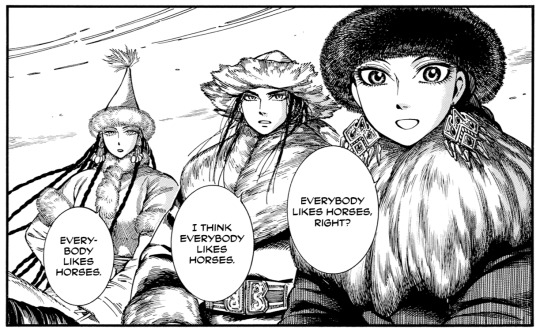
895 notes
·
View notes
Text
everybody likes horses
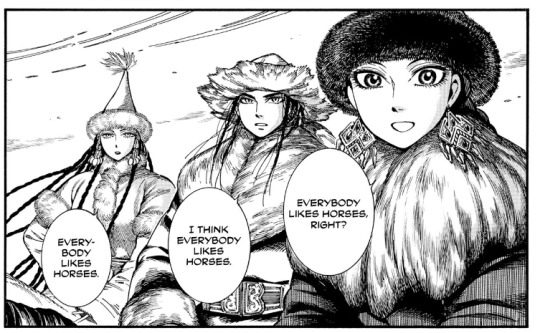
16 notes
·
View notes
Text



Ukranian High Jumper Maryna Bekh-Romanchuk
#Maryna Bekh-Romanchuk#Ukranian athletes#European athletes#track & field#track girls#high jump#high jump girls#olympic athletes#sexy olympians#athlete#female athletes#pro athlete#bikini#athletes in bikinis
55 notes
·
View notes
Text

Maryna Bekh-Romanchuk 🇺🇦
🥈 Triple Jump
2023 World Athletics Championships (Budapest)
#maryna bekh-romanchuk#team ukraine#triple jump#athletic girls#fitness#female athletes#ukrainian#athletics#track and field#budapest 2023
25 notes
·
View notes
Text



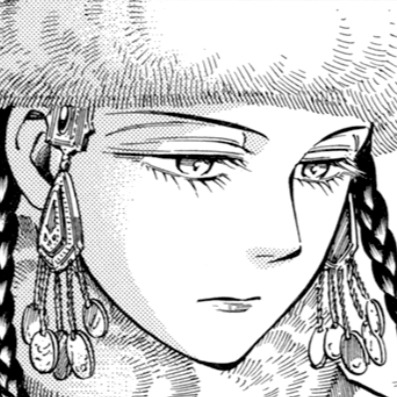
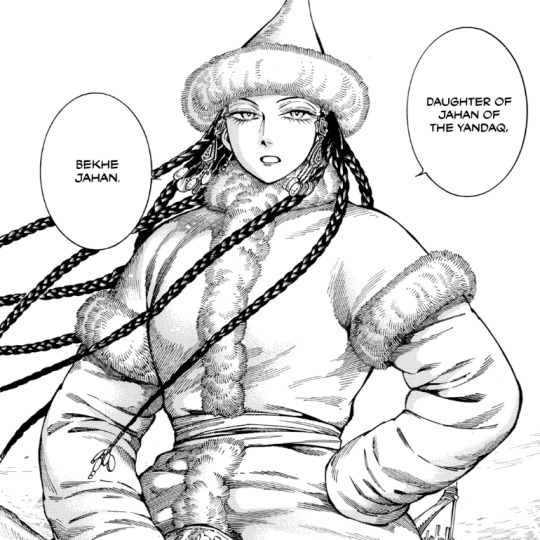

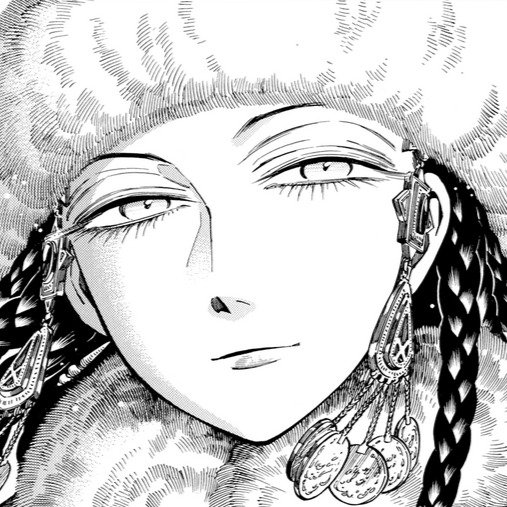

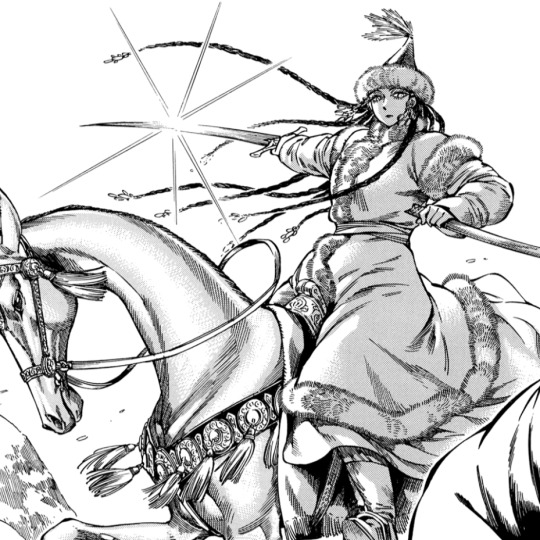
bekhe jahan
127 notes
·
View notes
Text
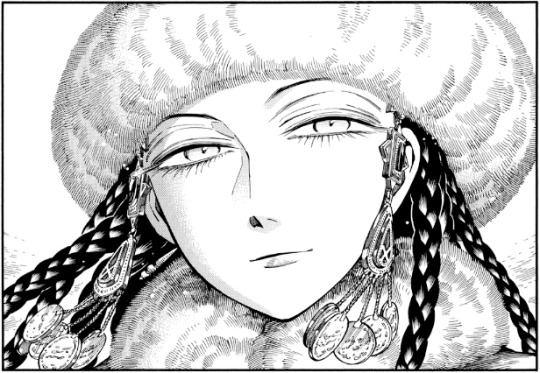
Bekhe Jahan
- Otoyomegatari, Kaoru Mori
#otoyomegatari#bride's stroy#kaoru mori#bekhe jahan#such arrogance and willpower in one frame#kaoru delivers
42 notes
·
View notes
Text
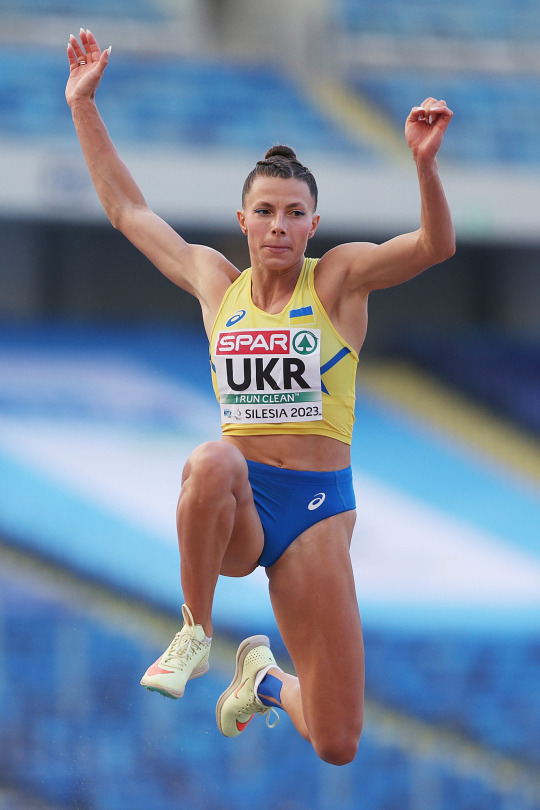
Maryna Bekh-Romanchuk 🇺🇦
2023 European Team Championships (Chorzów)
#maryna bekh-romanchuk#team ukraine#triple jump#female athletes#athletics#track and field#chorzów 2023
9 notes
·
View notes
Text

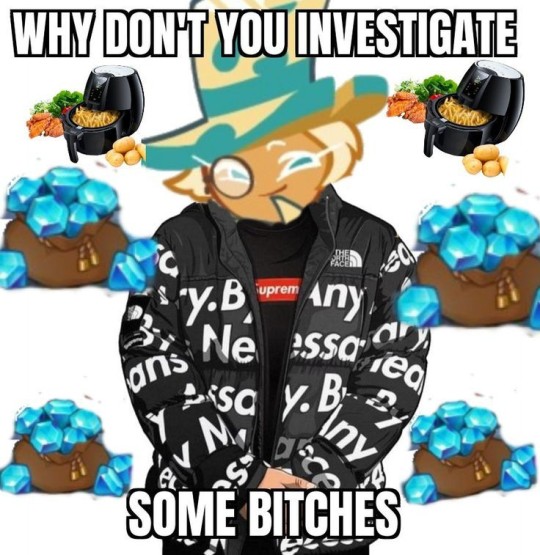




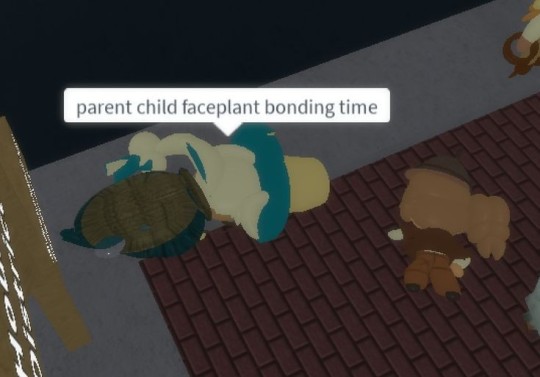


Have this
0 notes
Text
Russian troops entered Melitopol at the very start of the full-scale invasion of Ukraine. Since then, report journalists at iStories, the city has become a center of partisan resistance and simultaneously “the largest prison in Europe,” where Russian soldiers kidnap and torture residents with impunity. Meduza summarizes this latest report on Ukrainians’ lives under Russian occupation.
According to a new report by iStories, abductions by Russian occupation forces in Melitopol became widespread as early as March 2022. This is when Ukrainian activists launched the “Kidnapped Melitopolians” hotline to collect information about disappeared locals.
A woman named Natalia who works at the hotline told iStories that Russian abductions initially targeted people who worked in local government bodies. By the fall of 2022, soldiers moved on to school administrators and teachers who stuck to the Ukrainian curriculum. “Then came the farmers. There was a period when they kidnapped a lot of veterans of the [2014–2018 Donbas War]. And a lot of businessmen — they kidnapped them for ransoms,” explained Natalia.
Staff at the “Kidnapped Melitopolians” hotline have documented 311 abductions. More than 100 of these people are still in the Russian military’s custody, and 56 have gone missing entirely. Volunteers suspect the true number of kidnappings could be 3–4 times higher.
Landscape designer Maxim Ivanov and his girlfriend Tatiana Bekh were abducted in April 2022, near the outset of the invasion.
“We left the house, and I had a [Ukrainian] flag on my car. An armored personnel carrier was driving nearby, and I grabbed the flag and waved it around, shouting, ‘Get off our land!’ They stopped, about 10 guys surrounded me, and they threw the flag to the ground and stomped on it. They said, ’Now we’ll take you to reeducate you,” recalls Maxim Ivanov. He says he and Tatiana were taken to the local military police, where they joined other people arrested for pro-Ukrainian agitation or curfew violations. Soldiers beat Ivanov with rubber batons, forcing him to scream, “Glory to Russia!” The couple was released two days later after being pressured to sign a document stating they had no complaints about their detention.
Maxim and Tatiana were arrested again in August when they were caught posting leaflets for Ukraine’s Independence Day. Soldiers confiscated the flyers and searched Maxim’s mobile phone, finding messages he’d posted in a chatbot where he reported information about the movements of Russian troops and military equipment. Later that day, Ivanov was beaten at the police station and suffered multiple broken ribs. The next day, Russian soldiers moved him to a garage under a bridge, where they brutally assaulted him again.
“I realized that they might kill me right there and then. I asked for my phone so I could call my parents and say goodbye. And they told me: You’ll make due. You’ll croak, and nobody will know. Then they brought me to the garage and left me. I opened my eyes, and blood was gushing out everywhere. Everything around me was covered in blood,” Ivanov told iStories.
After five days, Ivanov and several other prisoners were taken to bathe. “There was just a hose with running water, but we were thrilled because it had been so long since we’d washed. I undressed, and [the guards] watching whispered to each other and said, “This one’s ready. Let’s take him away.” They probably saw that my back and ribs were all black and blue and decided I’d had enough,” recalled Ivanov.
All this time, Tatiana Bekh was confined to a tiny shipping container (smaller than seven feet by seven feet) parked on the military police compound. The couple was eventually transferred to a city police department, where officials continued to torture Ivanov, even using electric shocks.
Russian troops later released Tatiana but held Maxim for another month, continuing to beat him regularly. In late October 2022, they sent him away to Ukrainian-controlled territory, but he had to walk the 25 miles himself from Vasylivka to Kamianske, navigating a “gray zone” where artillery fire was ongoing:
I thought about asking someone for a bed for the night, but the village was dead. There was nobody there, and all the homes were destroyed. I went into an abandoned gas station and spent the whole night there. It was late October and cold. I found a piece of fiberglass and threw it over my legs. And the artillery fire was constant. It hit nearby, and I heard the earth crumble from the explosion. I thought that gas station would become my tomb.
Russian occupation forces also kidnapped a 23-year-old schizophrenic man named Leonid Popov, whose condition was in remission thanks to medical care, though doctors warned his mother that stress could jeopardize that progress. The first time occupation troops arrested Leonid was in May 2022. They held him at a military police center for three days. Leonid’s mother told iStories that “drunk Kaydrovites” (Chechen soldiers) tortured him, tying him to a wall, mocking him, throwing knives at him, and subjecting him to electric shocks. She says her son never understood why they even detained him.
Around the same time, Russian soldiers also abducted Leonid’s brother, Yaroslav, who said he was forced into a cramped jail cell with another 30 detainees. The guards later added a “drunk or mentally ill person” who didn’t stop screaming, and the men were told that they’d all be shot if they didn’t “shut his mouth,” Yaroslav told his mother:
And then this crowd of frightened prisoners started to beat the man. And when he started shouting, they just began strangling him, just to stop him from yelling. And the man died.
Yaroslav’s mother says she asked him what he did as this happened, and he told her that he turned to the wall and prayed to God for the first time in his life.
In April 2023, Russian soldiers abducted Leonid Popov again. Three months later, they dumped him at a hospital where he was treated for extreme emaciation. Nearly six feet, five inches tall, Leonid now weighed less than 90 pounds. His father was later granted permission to bring his son home, but troops again took him away that same day. Leonid Popov’s whereabouts are currently unknown. iStories doesn’t say what became of his brother Yaroslav.
72 notes
·
View notes
Photo

Maryna Bekh-Romanchuk, 🇺🇦, triple jump , silver medal 23 World Championships, Budapest. . . . . #maynabekhromanchuk #triplejump #trackandfield #ukraine #athletics #jeffcohenphoto #budapest23 @marynabekh
11 notes
·
View notes
Photo

Maryna Bekh-Romanchuk 🇺🇦
#maryna bekh-romanchuk#team ukraine#sexy athletes#butt#fitspo#female athletes#athletics#track and field
31 notes
·
View notes
Note
Do dulphanin and dolphin come from the same root/origin? tried etymonline and it gets into the latter but having a hard time finding info on the former online.
sefaria comes in clutch, as per usual:
דּוֹלְפִין m.n. FW dolphin. [Eng. dolphin, from Middle Eng. delphin, delfyn, from Old Fren. daulphin, dalfin, from Med. L. dalfīnus, from L. delphīnus, delphīn, from Gk. delphis (= dolphin), which is related to delphus (= womb); the animal is so called in allusion to the womb of the female.]
so דולפנין
dulphanin (or dulfanin) in the talmud is... probably a transliteration of the greek delfin.
Bekhorot 8a:1
The dulfanin reproduce like people.
The Gemara asks: What are dulfanin?
Rav Yehuda says: They are creatures that are called sons of the sea.
Jastrow, דּוּלְפִינִין 1
דּוּלְפִינִין m. pl. (δελφίν) dolphins (a fish about which many fables were circulated among the ancients, cmp. Sm. Ant. s. v.). Bekh. 8ᵃ דולפנ׳ (Var. דּוּלְפִינָא, corr. acc.; Ar. ed. pr. דִּילְ׳); Tosef. ib. I, 11.
thanks sefaria sheet on mermaids!
7 notes
·
View notes
Text
Who was he? - Qīpshakhūghul Pashty-ā
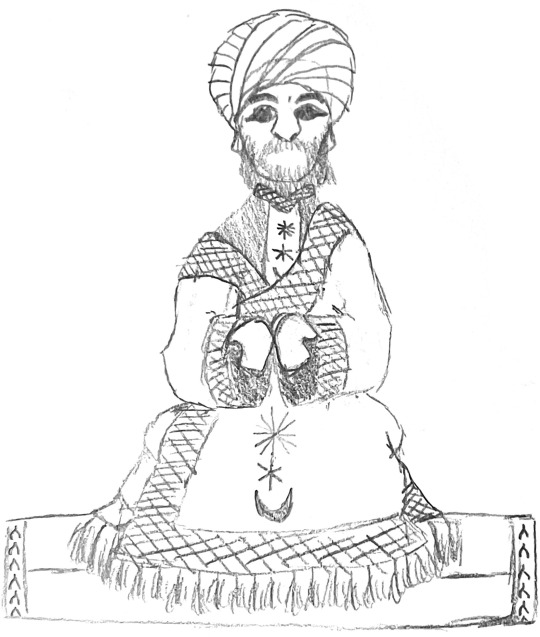
A sculpture of the Gūdyam praying on his throne.
[ID: A man with a bushy beard and turban praying with upside-down open hands, cross legged on top of a grand pillow inscribed with the Pachti character "yatsām" /.End ID]
The End of the Tallakhavi
As the sun set on the great Idan Khogekhti, the various Imuret peoples banded together in revolt against the poor administration and food shortages caused by the rule of the Bekh of Imu, a Jammub woman adherent to her local faith, unpopular with the Imuret. The great Khogen eventually gave into the demands of the people, replacing her with a different Qisim person who was an adherent of the Imuret faith (an early form of Ridume). Despite this, the entire realm suffered from instability and infighting under the weak Khogen, only being 13 years old at the time of his rule. The various Bekhtava eventually rallied together to dissolve the realm of their lord, overwhelmingly winning.
After the dissolution in 564 Pestaran, the Bekh of Imu reigned over most of the Imu basin before being reformed into one of the many emergent tribal polities (Tallakhavi) that dominated the region. Imu became Pashtek, and was one of the most prosperous and stable Tallakhavi, along with Qisim, Yē, and Aya. Outside of these realms, the political climate was much less stagnant, and saw the rise of many different clans over the period, known in Imuology as the 5 Tribes period. In 856 Pestaran, Qīpshakhūghul was born as Yanerkand, heir of Pashtek, coinciding with the beginning of the first Pashtek-Qisim war, which was lost upon his father's death. He would assume the Tallakh of Pashtek Talla at the age of 16, renaming himself to Qīpsha Pashtek-a Tallakh.
The Gūdyam
Qīpshakhūghul would invent a new philosophical and religious concept during his rule: the Gūdyam (Great Diam). It was a position of power higher than even the Khogen of Idan societies- at least according to the Imurets of the time. In order to fully understand what this title meant in 6th century Pest. Tarunese society, one has to delve into the etymology of the word itself.
The word Dyam comes from the Andegan Diam, itself descended from an Idano-Imuret word meaning "clear, pure (referring to bodies of water)". The first application of the word Diam in Andegan society as a term for a ruler was with an unnamed king of the Andegan sea only referred to in surviving documents as "agha diam", or "purest leader". While one may recognize the word "agha" as a suffix on the names of various scholars, philosophers, etc., the word originally was a title for rulers of political polities, until its supplanting by the word Diam.
Diam first came to be used as a title by Mrasaghibi in 632 Pestaran, a ruler of the Andega heartland, whose citizens lauded her as a righteous, upright, and just king. It henceforth was a title for those rulers who wanted to appear as Mrasaghibi was. Gradually, over many centuries, the title arbitrated until it was basically a regular term for any "emperor". Still, at the time of Qīpshakhūghul's ascension to to the Tallakh, this title was more or less significant in and around Andega, even holding influence in Jammub and Osoi lands, with some southern Imuret rulers adopting the title into the language as Dyam. Simply combining the title of Dyam with the prefix Gū- (meaning great, holy, good), Qīpshakhūghul created a new title of prominence for the Imuret leaders- but mostly himself.
the Cultural Renewal
After founding the Pashtoi Confederation in 698 Pestaran with Qīpshakhūghul as the Gūdyam, Qīpshakhūghul deigned to make a series of sweeping cultural, ritual, and religious reforms to Imuret society. The word Pashtoi is derived from Pashtek, the name of the Talla which Qīpshakhūghul was the Tallakh of before founding the confederation. Famously, Qīpshakhūghul's cultural policies suppressed traditions of other Imuret peoples, essentially enforcing the Pashtoi culture onto the entire confederation. With these reforms, a culture of formality, a hierarchical society, and a government promoted strain of the Ridume religion all became essential parts of the Imuret state.
Legacy of Rule
Generally, Qīpshakhūghul is seen by Imurets today as the man who founded modern Imuret culture, if not the man who forced Pashtoi culture on the rest of the Imu Basin. He is seen as a unifier, a just but firm leader, and a figure of great piety, however true any of these may be.
3 notes
·
View notes
Text
Daily Wrap Up June 18, 2022
Under the cut: Ukraine and Russia exchanged prisoners, including five Ukrainian civilians; Lithuanian authorities have said a ban on the transit through their territory to the Russian enclave of Kaliningrad of goods that are subject to EU sanctions will take effect from Saturday; Russia's tugboat Vasily Bekh, hit by the Ukrainian military in the Black Sea on June 17, has sunk; Five civilians were killed and 12 injured on Saturday in a Ukrainian bombardment of the eastern separatist city of Donetsk; President Zelenskyy’s wife, Olena Zelenska, has given an interview to The Guardian (in my opinion, it’s worth a read).
“Russian Human Rights Commissioner Tatiana Moskalkova confirmed on Sunday that Russia and Ukraine had carried out a prisoner exchange on Saturday.
Moskalkova said that among those returned to Russia were four employees of state atomic energy corporation Rosatom, soldiers and some other civilians.
"Early this morning they landed on Russian soil," Moskalkova said in an online post.
On Saturday an exchange of truck drivers between Russia and Ukraine was also conducted, Moskalkova said, with 32 Russian truck drivers, 20 Ukrainians and a number of Belarus nationals exchanged.
Ukraine Deputy Prime Minister Iryna Vereshchuk had said on Saturday that 12 of its soldiers were being returned after a prisoner exchange with Russia, the third such swap since the start of conflict.
Vereshchuk said that 14 civilians were also returning to Ukraine as part of the deal.
Moscow has denied targeting civilians in what it calls a "special military operation" aimed at demilitarising its neighbour. Ukraine and its Western allies call this a baseless pretext for war.”-via Reuters
~
“Russia is sending a large number of reserve troops to Sievierodonetsk from other battle zones to try to gain full control of the frontline eastern city, the governor of Ukraine’s Luhansk region has said.
“Today, tomorrow, or the day after tomorrow, they will throw in all the reserves they have … because there are so many of them there already, they’re at critical mass,” Serhiy Haidai said on national television.
He said Russian forces already controlled most but not all of Sievierodonetsk.”-via The Guardian
~
“Lithuanian authorities have said a ban on the transit through their territory to the Russian enclave of Kaliningrad of goods that are subject to EU sanctions will take effect from Saturday.
News of the ban came on Friday, through a video posted by Kaliningrad’s governor, Anton Alikhanov, Reuters reported.
The EU sanctions list includes coal, metals, construction materials and advanced technology, and Alikhanov said the ban would cover about 50% of the items that Kaliningrad imports.
Its immediate start was confirmed by the cargo arm of Lithuania’s state railways service in a letter to clients following “clarification” from the European Commission on the mechanism for applying the sanctions.”-via The Guardian
~
“Russia's tugboat Vasily Bekh, hit by the Ukrainian military in the Black Sea on June 17, has sunk.
Maksym Marchenko, head of the Odesa Regional Military Administration, said this on Telegram, Ukrinform reports.
"This morning, our Navy struck the Black Sea Fleet's support vessel Vasily Bekh, equipped with a Tor air defense missile system. It later emerged that it had sunk," he said in a video address.
Marchenko expressed hope that the Ukrainian military would create in the Russian Black Sea Fleet an "underwater brigade of ships at the bottom of the Black Sea."”-via Ukrinform
~
“A Ukrainian medic who smuggled footage out of the besieged city of Mariupol has been freed by Russian troops three months after being captured.
Yuliia Paievska, known as Taira, used a bodycam to record her team’s efforts tending to the injured, including both Ukrainian and Russian soldiers, reports Associated Press.
The day before she was captured she handed the clips over to the agency’s reporters, one of whom fled the city with it embedded in her tampon.
Taira and a colleague were then taken as prisoners by Russian forces on 16 March, the same day an airstrike hit a theatre, killing 600 people.
“It was such a great sense of relief. Those sound like such ordinary words, and I don’t even know what to say,” her husband, Vadim Puzanov, said.
The Ukrainian president, Volodymyr Zelenskiy, on Friday night confirmed the medic was home, adding work would continue to “liberate everyone”.”-via The Guardian
~
“Five civilians were killed and 12 injured on Saturday in a Ukrainian bombardment of the eastern separatist city of Donetsk, according to local authorities.
“As a result of the bombardment by Ukrainian forces, five people were killed and 12 others were wounded in the Donetsk People’s Republic,” the local authorities said in a statement posted on Telegram.
Donetsk is located in the Donbas coal region of eastern Ukraine and is part of the self-proclaimed Donetsk republic. It has been partially controlled by pro-Russian separatists since 2014.
Since the Russian invasion into Ukraine in February, the region has been the subject of fierce fighting between Ukrainian and Russian forces.
“From this morning, massive enemy bombardments are targeting the capital of the republic,” pro-Russian forces said in a statement, adding that more than 200 artillery shells of 155mm calibre fell on several districts of Donetsk on Saturday.”-via The Guardian
~
President Zelenskyy’s wife, Olena Zelenska, has given an interview to The Guardian. In my opinion, it’s an interesting read. I’m posting the first few paragraphs below:
“In the early hours of 24 February, Olena Zelenska became aware of the sound of muffled booms somewhere in the distance. As she drifted towards wakefulness, she realised the sounds she was registering could not be fireworks. Her eyes snapped open; she discovered she was alone in the bed. She jumped up and hurried to the next room, where she found her husband, Ukrainian president Volodymyr Zelenskiy, already dressed for work in a suit and tie.
“What’s going on?” she asked him.
“It’s started,” he told her.
“I had the feeling I was inside a parallel reality, that I was dreaming,” Zelenska says, describing the moment when normal life was interrupted, for her family and her country. Soon afterwards, her husband left for the presidential compound in the centre of Kyiv, to chair a security council meeting that would decide on the initial response to Vladimir Putin’s shocking full-scale invasion of Ukraine. He told his wife she should wait for him to call later in the day with instructions.”
22 notes
·
View notes
Text
Watch "Maryna Bekh-Romanchuk - Long Jump" on YouTube
5 notes
·
View notes
